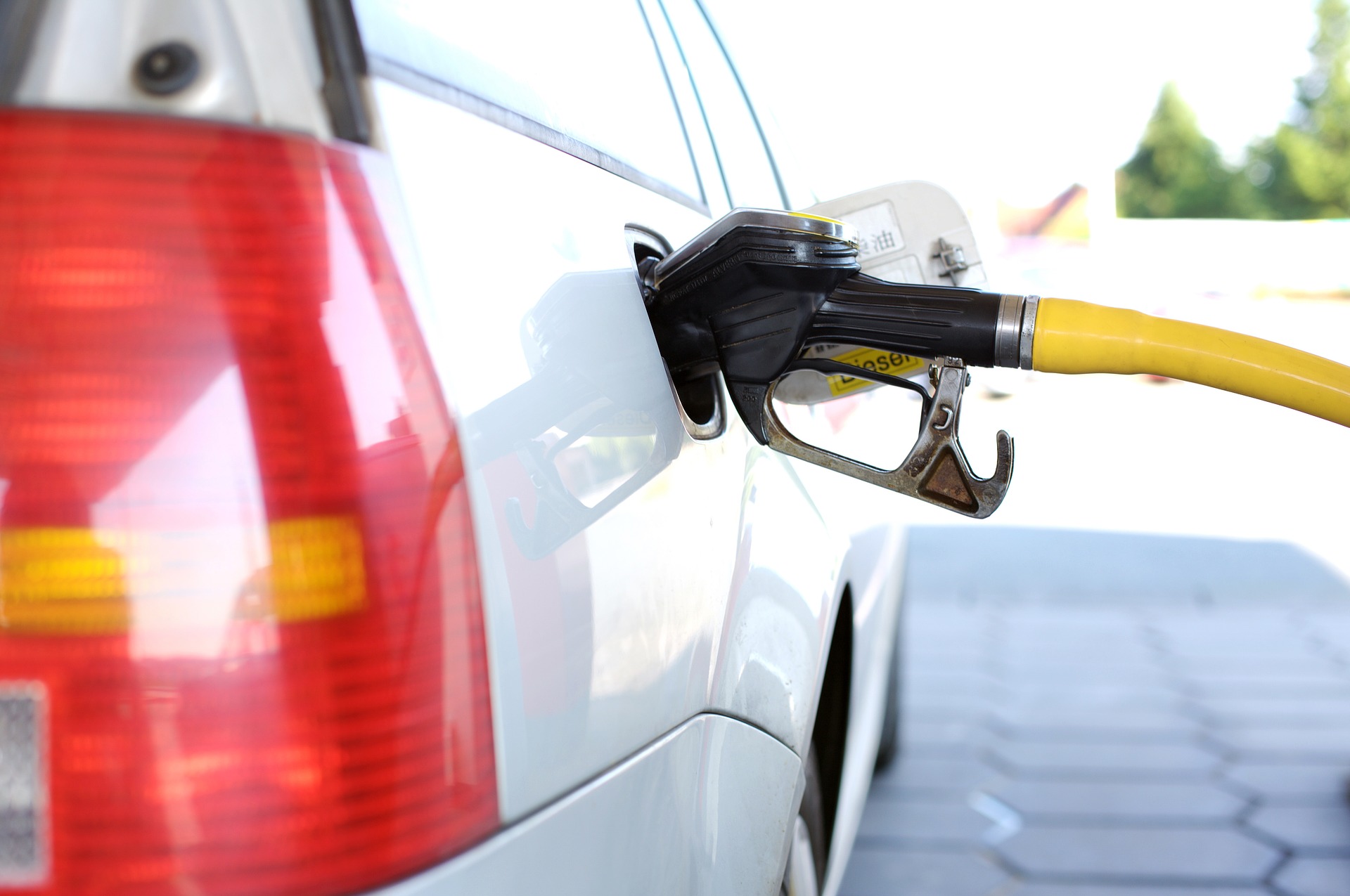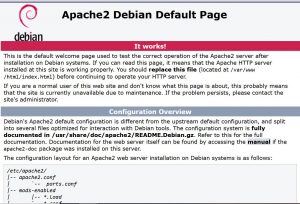
"It is not a matter of taste, it is not a political statement, it is a physical reality," argued Péter Szijjártó.Continue reading

On Tuesday night, the government lifted the fuel price freeze in Hungary. As a result, Hungarians can now only fill up at market prices. The situation was discussed at a cabinet meeting on Wednesday, where Prime Minister Viktor Orbán said that sanctions-affected petrol prices are in force in Europe.
The Hungarian government explained the lifting of the fuel price freeze with the latest sanctions imposed by Brussels. The oil sanctions came into effect on Monday, further aggravating the already difficult energy situation.
Orbán wrote about this in a Facebook post, where he also announced that Hungarian oil and gas company MOL would be deprived of the extra profit generated by market prices. “In recent days, the oil sanctions in Brussels have come into force, and what we feared has happened. Sanctioned petrol prices are now in force across Europe. In Hungary, the resulting extra profit will be deducted and channeled into the utility protection fund,” the prime minister wrote.
From December 8, the tax rate on the margin between the price of Brent oil, Russian oil, and market prices will rise from 40 to 95 percent. This means that most of the extra profit from cheaper Russian oil will be taken by the government, resulting in a 95 percent windfall tax for MOL.
Instead of the previous official price of 480 forints, Hungarians will now face significantly higher prices at petrol stations. From Friday, MOL will reduce wholesale prices, which will result in the following prices: 95 octane petrol will cost 632 forints (EUR 1.53) per liter and diesel 695 forints (EUR 1.68) per liter. However, there may be wide variations in prices at stations, with the difference in price per liter exceeding 100 forints in some places.
While the removal of the price cap is unlikely to have been well received by the public, the forint has strengthened against the euro following the announcement.
While it was still at the 415 forint mark on Tuesday, it had fallen below 410 forints by Wednesday morning. At the time of writing, on Thursday morning, €1 is currently at 412 forints.

The popular fuel price comparison website, holtankoljak.hu‘s homepage has crashed due to high demand from customers after the government announcement.
However, in the meantime, taxi drivers are already mobilizing after the abolition of the price freeze. Although the fuel price freeze applied to everyone when it was introduced, it was later narrowed down, but taxi drivers still remained in the inner circle and could fill up at the capped price. They are therefore affected by the current decision, and their trade unions have written to Prime Minister Viktor Orbán.
The Federation of Independent Unified Trade Unions is calling for an extraordinary consultation with the prime minister, together with the taxi drivers. They have made proposals such as clarifying the tax options for taxi drivers, a further urgent small increase in taxi fares, or a maximum limit on the issuing of taxi licenses. The National Taxi Federation, incidentally, said they had expected the price freeze to be lifted, but were not expecting it now, but rather by the end of December.
Featured photo via Pixabay